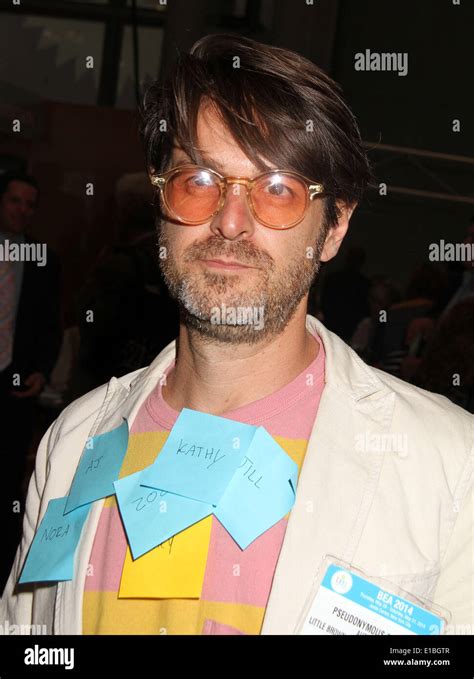A Quote by Jack Vance
You used the word "civilization", which means a set of abstractions, symbols, conventions. Experience tends to be vicarious; emotions are predigested and electrical; ideas become more real than things.
Quote Topics
Related Quotes
Utilitarianism is a civilization of production and of use, a civilization of "things" and not of "persons," a civilization in which persons are used in the same way as things are used. In the context of a civilization of use, woman can become an object for man, children a hindrance to parents, the family an institution obstructing the freedom of its members.
Anthologies are mischievous things. Some years ago there was a rage for chemically predigested food, which was only suppressed when doctors pointed out that since human beings had been given teeth and digestive organs they had to be used or they degenerated very rapidly. Anthologies are predigested food for the brain.
That’s what the human brain is there for—to turn the chaos of given experience into a set of manageable symbols. Sometimes the symbols correspond fairly closely to some of the aspects of the external reality behind our experience; then you have science and common sense. Sometimes, on the contrary, the symbols have almost no connection with external reality; then you have paranoia and delirium. More often there’s a mixture, part realistic and part fantastic; that’s religion.
What we have forgotten is that thoughts and words are conventions, and that it is fatal to take conventions too seriously. A convention is a social convenience, as, for example, money ... but it is absurd to take money too seriously, to confuse it with real wealth ... In somewhat the same way, thoughts, ideas and words are "coins" for real things.
America is a country defined by a set of ideas, and when people choose to accept those ideas, they should be able to become Americans, as fully so as any - and perhaps more so than most - regardless of how recently they or their ancestors arrived upon our shores. This is the true American tradition, which as conservatives we must defend.
Civilization has imposed countless restrictions and conventions on each of us, with the result that the subconscious in the majority of us has become a storage room without a key. We are forced to suppress or forget so many events and ideas and thoughts that those to which we should have access are lost in the welter. However, there are people who seem capable of unlocking this part of their minds and extracting relevant information.
There are things that are more important than the news and what’s happening today. There are these archetypes which are part of the human imagination since humans were presumably imaginative. And I think that’s what [people] find touching, these eternal ideas. It’s one of the things that makes fantasy something that tends to stand the test of time because we’re reading, 50 years later, The Lord of the Rings.
My forms are not abstractions of things in the real world. They're also not symbols. I would say that my job is to invent these forms and to put them together in a way that keeps your interest, to give the forms a quirky identity so you can engage with them, so you realize there's an inner intelligence or logic.



































